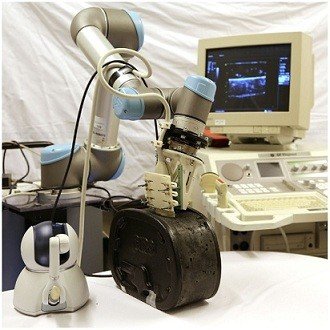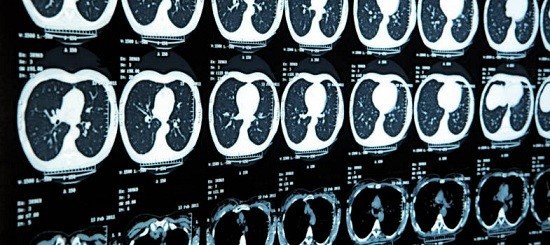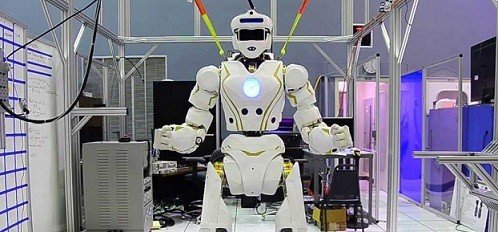The emergence of Artificial Intelligence (AI) in the field of medicine has brought immense potentials in the health care sector. We have seen a lot of amazing innovations in the health sector like; the bionic organs, robotic surgeons, and other insane advancements, but I would be bringing another recent technological advancement in this field, and this is: AI Diagnostics System (The Ultromics).

Enhanced Diagnosis
There is a paradigm shift from the conventional way physicians diagnose lung cancer and heart diseases.
No doubt, human doctors are good at their jobs, but they are not immune to errors. Cardiologists, for example, will have to monitor the timing of the patient's heartbeat from scan (Echocardiogram) for him to ascertain what is wrong with the patient's heart. According to a recent survey, 4 out of 5 diagnoses are correct; what then happens to the remaining 1 out of 5? That is why the need for improvement becomes imminent.
Because of these errors in human perception, a team of scientists and researchers from Oxford University Hospital designed the Ultromics which has definitely brought revolution in cardiovascular diagnosis.

Mechanics of Ultromics AI
Ultromics is an AI that could extract and analyze tens of thousands of data from a single ECG (echocardiogram) imagery, which would help it to surmount the subjectivity related to human computational errors. "Source" [paraphrased by me]
This reduction in subjectivity, no doubt, increases the precision index of the diagnosis from "4 out of 5" to "9 out 10" accuracy (according to the research from Ultromics.com). But even with the pre-programming of the Ultromics' neural system, it still needed to be trained to further increase efficiency.
In a report by Professor Paul Leeson (Ultromics medical director), it was revealed that the AI was trained using the systematic reviews of randomized trials of about 1000 cardio-patients. With the information gotten from these patients, the AI can relate it to a real-life scenario (thanks to machine learning). People have predicted that AIs will soon out-smart humans; I think this is no longer a prediction; it has found practical expression in this era. Hail Technology!!
Meanwhile, while Ultromics is advancing in the area of cardio-related illness; advancements are also being made by Optellum in the designing of AI that will diagnose cancer of the lungs, even at the earliest onset. Not only that; they are making plans to commercialize it by 2019. Now this is the power of technology.
Does the job of doctors feel threatened?
There has been speculation that AIs and robots will replace human labour completely in the nearest future. Well, in my own opinion, I think that future has already been heralded.
This kind of tech, combined with robotic surgeons and other medical robotics may potentially sideline the need for human physician.

Benefits of AI in medicine
There are many potential benefits of the application of AI in the field of medicine, but I'll just mention two very important ones.
- It saves lives: Just like I have said, humans are prone to errors; from perception, judgment, and subjectivity; but AIs have very high precision index. Also, because these AIs can detect cancer, for example, at the onset; treatment can begin immediately to salvage the situation.
- It saves money: It is true that acquisition of these AIs could cost much initially, but in the long run, you would discover that it saves money. According to this survey by 2020health, over $13billion is spent on NHS just for pathology and cancer treatment in a year, but these AIs are set to slash this by over 50%. Also, one very good thing about these AIs is that they are fitted with cutting-edge neural network links; which means they can learn like humans.
Technology is always getting better.
But the big question is this:
Are AIs supplementing humans or substituting humans? Your answer is as good as mine.
Thanks for reading
References for further reading: Ref1, Ref2, Ref3, Ref4

